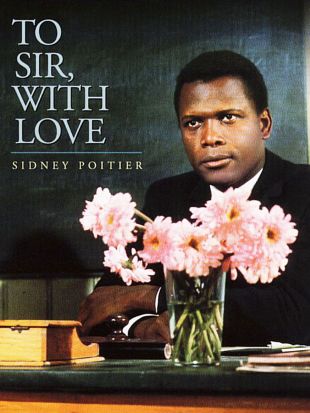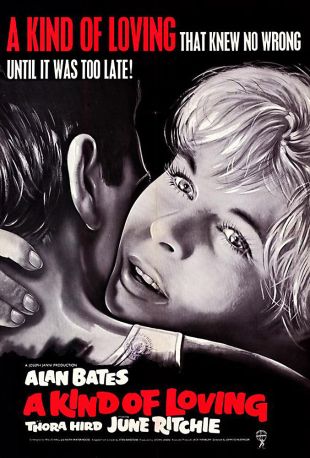Ron Grainer was a top composer in British television and films from the 1960s through the early '80s, and along the way wrote the classic themes for the series Doctor Who and The Prisoner. Born in Queensland, Australia, he was a music prodigy as a child, taking up the violin at the age of four and later the piano as well. In his early twenties, Grainer attended the Sydney Conservatory of Music, studying under Sir Eugene Goosens, and later moved to England. It was his intention to pursue a career as a classical composer, but he was sidetracked into popular music when he found employment as a pianist, playing accompaniment to such visiting talent as Guy Mitchell and Frankie Laine. Grainer made his first recordings as an accompanist to various singers. Eventually, his work as an accompanist and rehearsal pianist led to his engagement at the BBC, and Grainer became a composer for television plays. Grainer's first assignment in series television came in 1960, when he was engaged to write the music for the series Maigret. By that time, his interest in music had drawn him to various outré and archaic instruments, such as the Ondes Martenot (a close cousin to the theremin), and he employed the unusual timbre of a harpsichord and clavichord to score the series. Grainer's scoring and title music were sufficiently distinctive to get him his first record release, and a cover of the theme by Joe Loss that made the U.K. Top 20, while Grainer won the Ivor Novello Award for the theme music.
Grainer subsequently saw releases of his music for Comedy Playhouse and Steptoe and Son, and the latter was widely covered in England, in addition to getting him a second Novello award. During this period, Grainer also took a Bristol-based rock & roll group called the Eagles -- not to be confused with the California-based country-rock band of the early '70s -- under his wing. He got them a contract with Pye Records, to which he'd been signed in 1961, and produced and wrote compositions for them. The band contributed to the scoring of Some People (1962), a juvenile delinquency drama starring Kenneth More and a young David Hemmings. From 1963 onward, Grainer divided his time between television and movie work, including John Schlesinger's A Kind of Loving (1962) and Richard Lester's The Mouse on the Moon (1963). In 1963, he also composed one of his most enduringly popular television themes, for the new sci-fi adventure series Doctor Who. The music, with its pulsing electronic textures and theremin-like oscillations, became one of the most popular in the history of British television, and a fixture in British popular culture for decades to come. Grainer also began writing for the theater in this period, starting with Robert and Elizabeth, which got him his third Novello award. He was absent from television during this period, but returned to the small screen in 1967 with the title themes for two new ITC-produced series, Man in a Suitcase and The Prisoner. The former had the characteristics of a pop/rock song, though it was an instrumental, whereas the latter was suffused with jangly electric guitar parts and romping brass and horns, and quite unlike any mainstream action series theme ever heard before. Grainer was drawn back to feature films that year with To Sir, With Love (1967), which led to further movie work, on The Assassination Bureau and Lock Up Your Daughters! (both 1969).
Grainer's career advanced rapidly in the early part of the next decade, highlighted by his work on Boris Sagal's The Omega Man (1971), which featured a revision of his music for The Prisoner. Ever since the early '60s, Grainer had suffered from seriously deteriorating eyesight, which worsened in the early '70s. In recognition of his declining health, Grainer took a break from composing, leaving England for a respite in Portugal. He was back in the second half of the 1970s with a commission for a new series entitled Tales of the Unexpected (1979) for Thames Television, and closed out his career with a string of compositions for the BBC. Grainer's health declined over the next year as he manifested cancer of the spine that ultimately took his life in early 1981. In the decades since, Grainer's reputation has grown, with the repeated use and reruns of this themes from Doctor Who and The Prisoner enhancing his visibility, in tandem with the issue of various soundtrack CDs for both series. Additionally, in the early 21st century, a limited edition release of his score for The Omega Man was an instant sell-out from its distributor.


